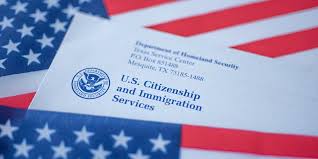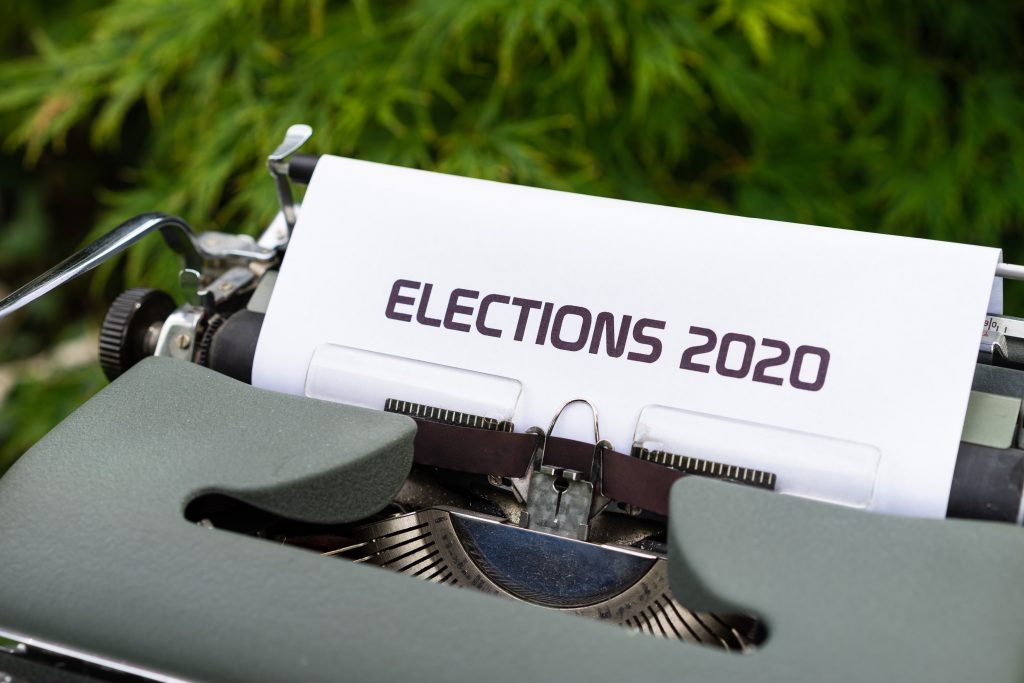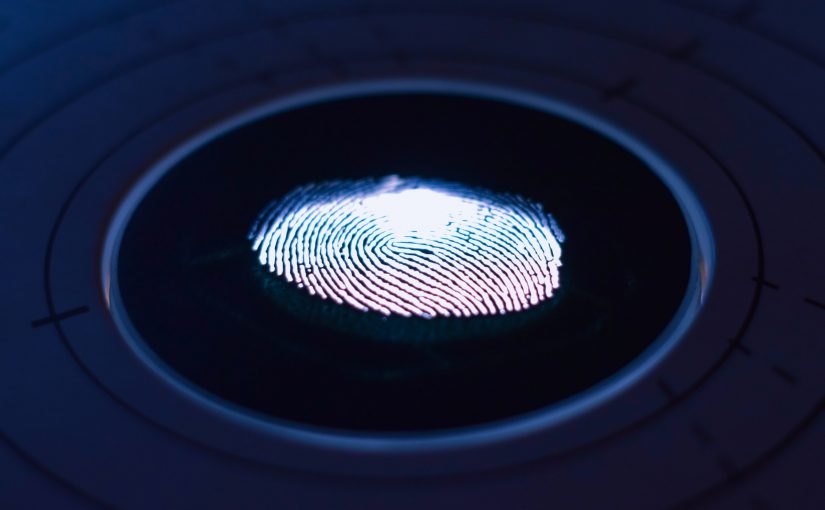On or after December 1, 2020, U.S. legal permanent residents (green card holders) who apply for citizenship through naturalization will be required to pass a more challenging test.
There are two main changes in the new rules:
1. The number of questions that one needs to study have been increased from 100 to 128
2. Applicants are now required to answer 20 questions and get 12 of them correct (previously 6 out of 10).
Furthermore, the previous rule allowed the examiner/officer to stop the questions once the applicant reaches 6 correct answers. Under the new rule, the officer must continue to ask all 20 questions even if the applicant t had already gotten 12 of them correct.
The rule for immigrants who are 65 years old or older and have been green card holders for at least 20 years remain the same – i.e. they will still be given the simplified test and would be required to correctly answer 6 out of 10 questions.
A partir del 1 de diciembre de 2020, los residentes legales permanentes de los EE. UU. (Titulares de la tarjeta verde) que soliciten la ciudadanía a través de la naturalización deberán aprobar una prueba más desafiante.
Hay dos cambios principales en las nuevas reglas:
- El número de preguntas que uno necesita estudiar se ha incrementado de 100 a 128.
2. Ahora se requiere que los solicitantes contesten 20 preguntas y acierten 12 de ellas (anteriormente, 6 de 10).
Además, la regla anterior permitía al examinador / oficial detener las preguntas una vez que el solicitante alcanzaba las 6 respuestas correctas. Bajo la nueva regla, el oficial debe continuar haciendo las 20 preguntas, incluso si el solicitante ya había contestado correctamente 12 de ellas.
La regla para los inmigrantes que tienen 65 años o más y han sido titulares de la tarjeta verde durante al menos 20 años sigue siendo la misma, es decir, se les seguirá aplicando la prueba simplificada y se les exigirá que respondan correctamente 6 de cada 10 preguntas.




